Doc's Blog!
Are Herbs Safe In Animals? An Old Veterinarian’s Perspective.
I’ve been a critter doctor for over 30 years. I’ve treated hogs and horses, goats and geese, cows, cats, cockatoos and canines. I’ve out maneuvered angry ostriches and can dodge llama spit with the best of them. Heck, I worked my way through vet school raising tropical fish. We had 150 fish tanks in a two bedroom apartment. So, if it’s furry, feathery or fishy. I’ve probably worked on it. Oh…did I mention scaly? I did a few snakes, lizards and turtles over the years too (disclaimer: the only things I’ve ever really addressed on snakes was sewing up rat bites. Apparently some of those little guys don’t want to be lunch!). Early on in my career, I started getting really interested in medicinal plants and have lectured and written a lot about the amazing benefits of herbs.
So, people often ask me; “Doc, can I use herbs in my dog or my chickens?”
The answer is; you bet you can!
During my many years in veterinary practice it was very rare for an animal to leave the office without a little bag of herbs either as part of his treatment or as ALL of his treatment. Why? Because my experience had shown me that there were some really remarkable things that medicinal plants could do that I couldn’t begin to do with pharmaceuticals. I didn’t have any drugs that could improve lymphatic drainage, detoxify and restore the liver, markedly accelerate wound healing, treat antibiotic resistant infections, etc… That isn’t to say that I didn’t use pharmaceuticals every day. Sometimes those are the best choice as well. But, often times, herbs were a vastly better choice.
So, how do you use them? Well, herb use in animals is very similar to herb use in humans. Dosing can be found on any of our product pages on the Info & Dosing tab. Getting herbs into animals is pretty easy too. For dogs, just mix the herb powder with a little wet food and they’ll usually be happy to eat it. For cats that can be a bit more of a challenge because cats are so scent driven that they won’t even think of eating something that doesn’t smell like food. Use some strong smelling, fishy canned food and you can often get the herbs past their nose and into their belly. For horses, goats, chickens and other herbivores, powder can be mixed with the feed or fresh herbs can be fed (herbivores are good at eating plants).
There are a few herbs that can have toxicity if used in dogs and cats. Garlic in high doses can cause significant anemia and hops can be somewhat toxic in high doses. But even those herbs, if used in a formula with three or four or five other plants have never caused any issues in my experience. I don’t like essential oils at all in small animals but that’s another topic. Overdosing is probably the most likely way to have trouble. The margin of error on dosing is much narrower on a hamster than on a 2000 lb draft horse. But, if you don’t over do it, most herbs have very wide margins of safety.
When I developed my HomeGrown Herbalist formulas, I did so so that they would also be safe in pets and livestock. That said, I do have a few formulas (the HerbPet Line) that are a bit more fine tuned for pet use. And, as I said, all of my formulas have dosing for the various species on the Info & Dosing tab of the product page.
In the HomeGrown Herbalist School of Botanical Medicine, we have a stronger focus on veterinary applications of herbs than other herb schools have. If there is ever anything different between humans and some other species we talk about it. So, in the Digestive system lessons we talk specifically about parvo virus in dogs and colic in horses because they’re different. But if your dog or horse has diarrhea or pancreatitis, just do what the lesson says to do for a human with those issues.
So, yes you can use herbs in your critters. Just use the same rules of safety you use for humans. Don’t use herbs in animals that are pregnant, nursing or on medications without making sure they won’t cause problems. Otherwise, the margins of safety are very good and the applications are typically very similar
If you’d like to learn more about herbal medicine and, particularly, how to help your pets and livestock with medicinal plants, join us in The HomeGrown Herbalist School. We’d love to join you on that journey.
By the way, if you have a homestead with dogs, cows, goats, chickens, horses or about any other critter, have a look at the Livestock Farmacy Kit. It has about everything you could possibly need for animal illness or injuries and good instructions on how to use the herbs.
Doc Jones
-
Product on saleLivestock Farmacy KitOriginal price was: $299.99.$249.99Current price is: $249.99.



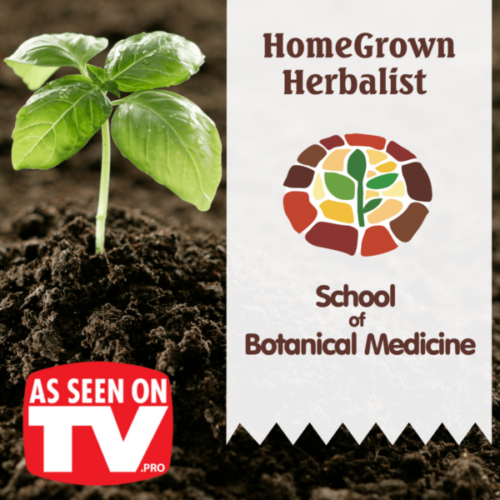
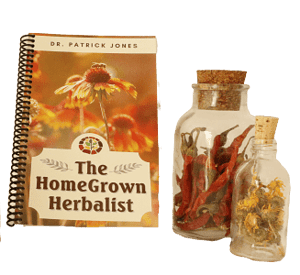

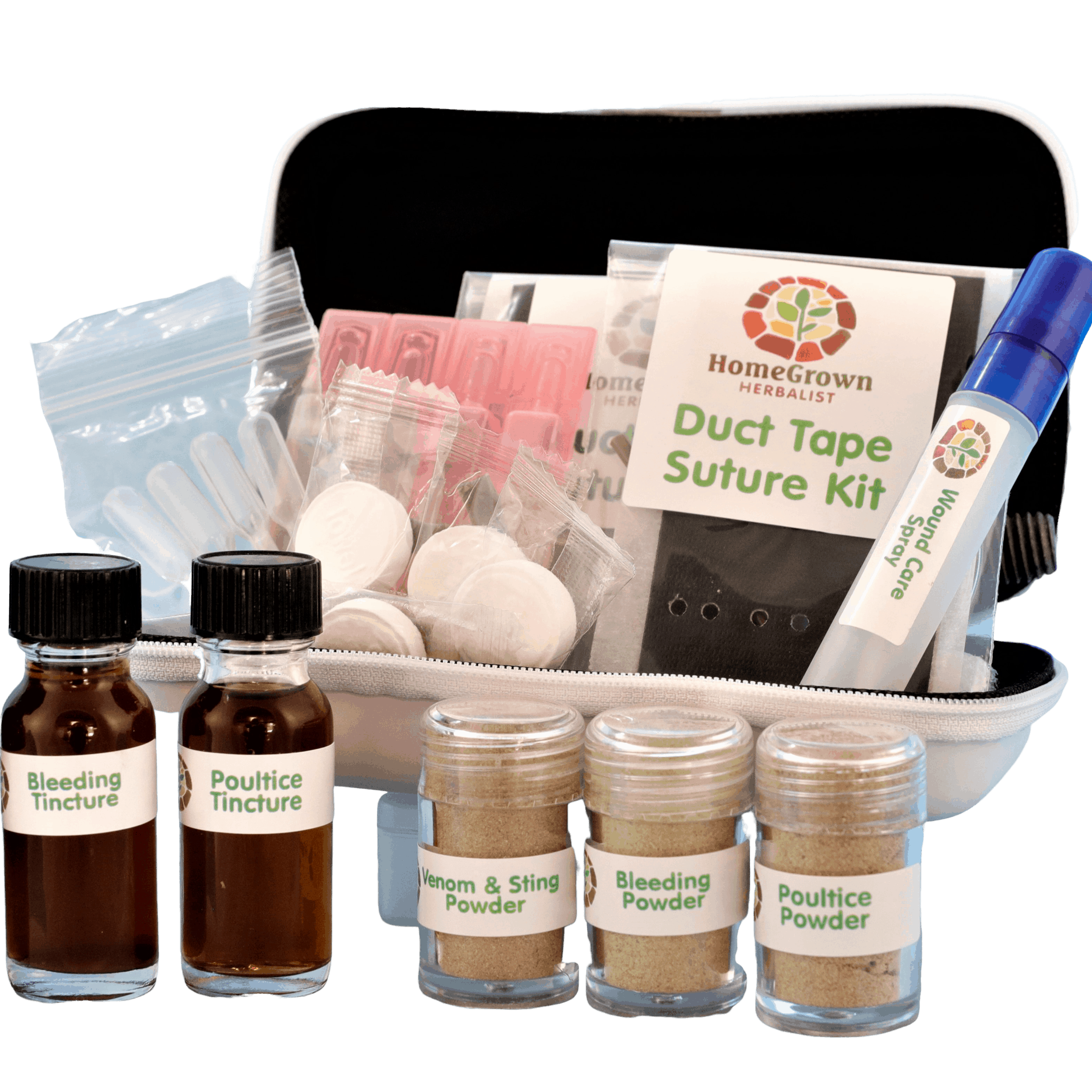
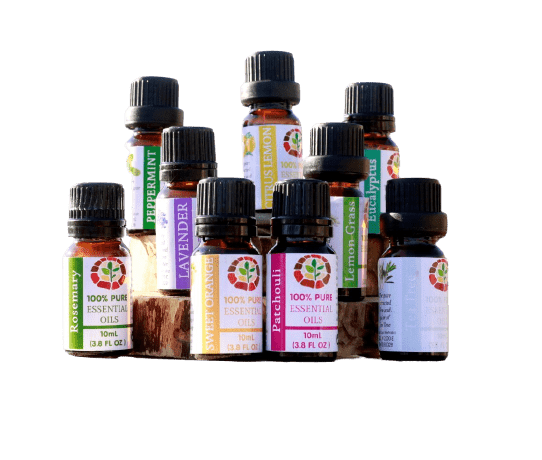
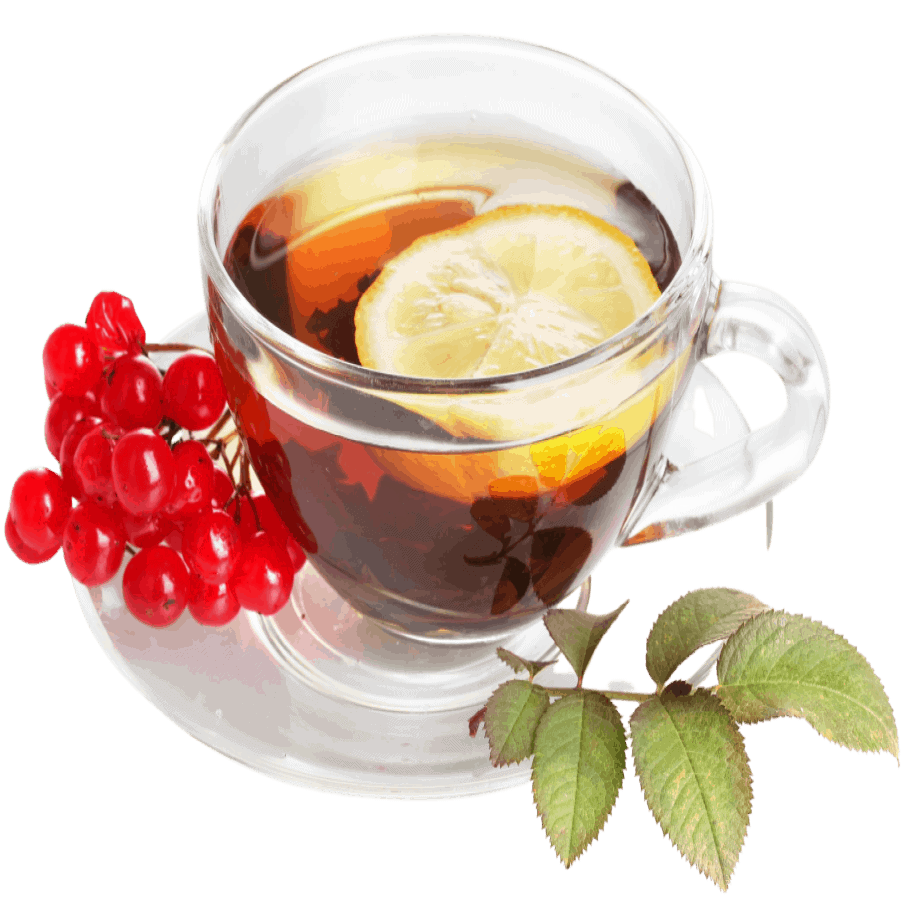
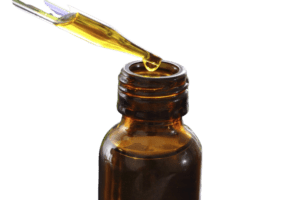
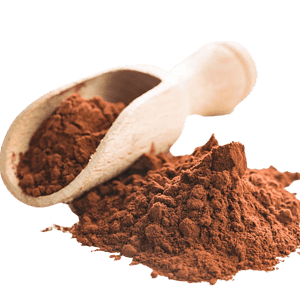
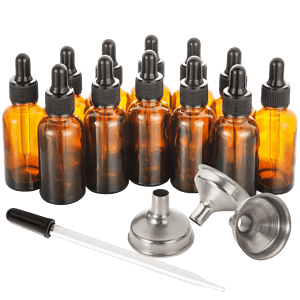
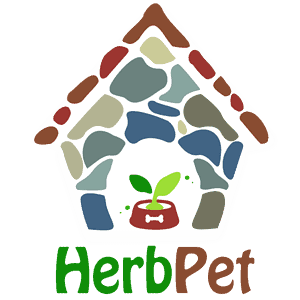


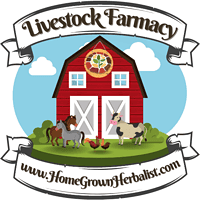
Where does one stay while enrolled in this class?